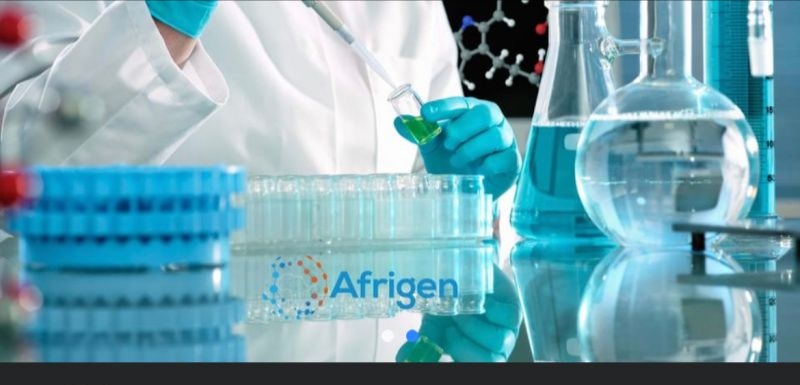Afrigen And NIH To Collaborate On mRNA Vaccine Production Research

Afrigen And NIH To Collaborate On mRNA Vaccine Production Research. U.S. government researchers have agreed to collaborate with Afrigen Biologics Limited to share technical expertise related to the development of next-generation mRNA vaccines and therapeutics. The research collaboration agreement between Afrigen and the National Institute of Allergy and Infectious Diseases (NIAID), part of the National Institutes of Health, will exchange scientific expertise that may be used to make mRNA vaccines.

Afrigen is part of the mRNA technology transfer hub programme that was established by the COVAX Vaccine Manufacturing Taskforce with the World Health Organization and the Medicines patent Pool as the programme’s co-leader. As announced on June 21, 2021, the programme is a global initiative that aims to improve health and health security by establishing sustainable, locally owned mRNA manufacturing capabilities in and for low- and middle-income countries (LMICs). The programme is based on a technology transfer “hub” – Afrigen – located in Cape Town South Africa, which will provide the technology development, training and technology transfer. NIAID’s Vaccine Research Center (VRC) conducts basic, translational, and clinical research to design and develop prototype vaccines and biologics to protect against infectious diseases.
The mRNA vaccine platform has been used successfully in safe and effective vaccines against COVID-19. This has opened the door for expanding use of this platform to address other infectious diseases and cancer. VRC researchers, as part of pandemic preparedness efforts at NIAID, are working to develop mRNA vaccine candidates and antibody products against viral targets with pandemic potential.
The agreement will enable the sharing of technical skills and materials to expedite Afrigen’s goal of mRNA vaccine production and help VRC establish processes to make investigational mRNA vaccine products at its production and manufacturing facilities for early-stage clinical trials. The collaboration includes sharing knowledge and expertise to help enable production of large amounts of DNA, in the mRNA in vitro transcription process, lipid nanoparticle formulation, and upon mutual agreement, research on next generation mRNA-based vaccines for HIV, tuberculosis (TB), malaria, influenza, cancer associated viruses such as HPV, and other diseases of importance in LMICs.
The collaboration will allow for frequent exchange of scientific data with technical achievements shared with the scientific community in coreferences and events. The collaboration will include visits between the two parties with site visits from Afrigen to the VRC in Maryland USA in 2022. “The pursuit of effective vaccines for human diseases to improve public health is central to the mission of the NIAID Vaccine Research Center,” said Richard Koup, M.D., Acting Director of the NIAID Vaccine Research Center.
“This collaboration allows us to exchange scientific expertise to further this mission and support Afrigen’s globally important research and vaccine discovery efforts.” Afrigen Managing Director Professor Petro Terblanche said, “Through this collaboration, the mRNA Hub at Afrigen can fast track the end-to-end Good Manufacturing Practices (GMP) of the first clinical trial material of its Covid-19 vaccine candidate. The VRC’s technical expertise in plasmid DNA manufacturing promises to be an invaluable contribution to building capacity and capabilities for mRNA vaccine production at Afrigen.”
Ms. Heather Merritt, the Charge d’Affairs at the United States Embassy in Pretoria said, “As South Africa’s top international health partner, the United States is proud of the decades of joint U.S.-South African scientific research and collaboration that has saved countless lives across the world. Today’s announcement marks yet another milestone in our commitment to expanding vaccine production capacity in South Africa. Coupled with investments from the U.S. Development Finance Corporation and several U.S. private sector firms, the NIH’s scientific collaboration with Afrigen will ensure that we continue to partner with South Africa to develop the next generation of mRNA therapeutics and vaccines.”



